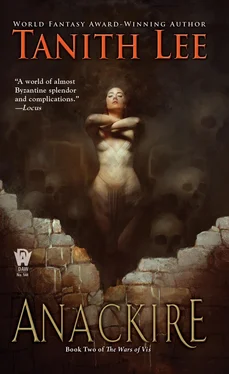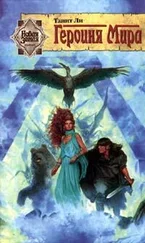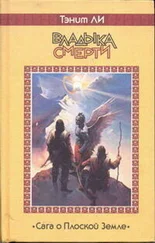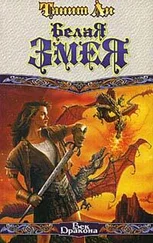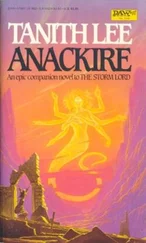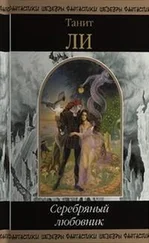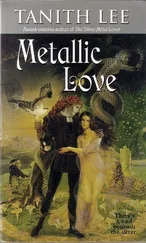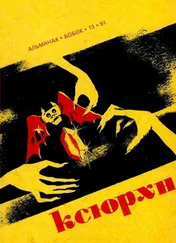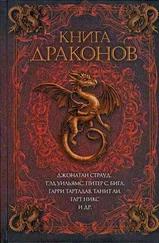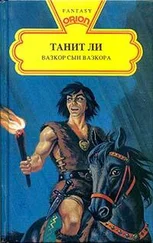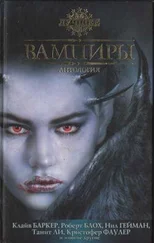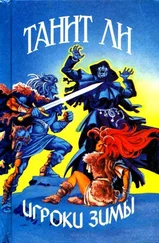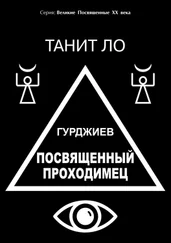Both he and his escort were by now fairly drunk. Coming into a square where the celebration was still exuberant, he thought to dismount and make his way on foot. His guard enabled him to push through. A procession was winding over the square, singing and shrieking, with jugglers throwing fire-brands. He had turned to look at it, when a girl came out of the crowd and fell against him.
Her face was covered by a kalinx mask, but her perfumed hair streamed from it over her shoulders and her breasts, which were almost bare. She was dark, a Vis girl, and she clung to him.
“My Lord Kesarh,” she said hoarsely, “Zakorian pirates killed my brothers. You avenged me, and countless others like me. And I’ve loved you ever since. Yasmais answered my prayers and brought you here, risking the wrath of the King. I’ve followed you for miles, daring myself to speak to you. Don’t send me away.”
Jornil breathed fast. He reached out and thrust aside her mask, as he felt Kesarh would have done. She was pretty. She even closely resembled a girl Kesarh had once kept in the palace.
He whispered something in her ear. She pressed herself to him, exquisitely making contact with every part of him, through Kesarh’s clothing.
The girl led Jornil across the square, his five guard meandering after. They turned into a side street, and then into the courtyard of an unlit dilapidated house.
Already unlacing, Jornil hastened into the dark beyond the door, his breathing like a bellows, and leaned the girl against a wall.
The guard loitered just outside, a vestige of security, mostly persuaded they too might get a turn with the girl.
His head tipped back to drink from the passing wine-skin, the fifth guard choked. The sky was falling on him off the top of the wall, and holding a knife that suddenly replaced the wine in his throat.
The cart with its streamers and bells raced clattering and ringing through the streets, dragged by three terrified zeebas. When the congestion of people ultimately slowed its rush, and men had climbed up on it to try its cargo, they found only one item.
The body of the Prince Kesarh Am Xai, dressed in red, which red nevertheless did not obscure the multiple wounds. It had been stabbed and slashed, pierced, hacked, practically butchered, until only the masked face remained uncut. Which masked face, when it was uncovered, revealed itself as that of the princely heir, Jornil.
The night was turning toward morning, but in the windowless room she could not see it, could not see moon or stars, or the Red Star itself. As he had said. Her brother, Kesarh.
And she had only to think this to feel once more his hands and mouth upon her, his body upon her, within her, and the anguished frenzy they had created not once but many times through the brief hours they shared together. Each coupling had exhausted her, wrung her to emptiness. She had not been able to think, to fight anymore, either physically or with her spirit. She had lain beneath him, beside him, curved into the angles of him, pinned fast to the mattress, wrapped in his arms, a comforted prisoner. And no sooner did awareness reclaim her than her stirring flesh sought his as he sought her. Again, no space for denial. It had been no rape. As he had told her, he had used her, and she him. They had tried to extinguish themselves, breaking like waves on the shores of each other’s lust and life. Or so it had seemed to her.
Then he left her, to return to Istris—not as he had gone away, better than that. He had been sure. His sureness and his strength had shone with a fierce dark light in the little dark room and she had not wanted him to go. She had been afraid, for when he was gone, she would be alone. She would have at last the space to know what they had done.
He had kissed her, put her aside, gently now.
“I’ll come back. I’ll take you from this stone box. When I can, when it’s safe for you. Till then, be here for me.”
And he had kissed her once more with a lover’s kiss, so letting her drop back among the covers. He had walked out of the room and away, and she had become for him an accomplishment, set on one side, no longer a priority. Oh, she knew that much.
While for herself—
He was now a colossus, closing her horizons. She had escaped him, but he had pursued her. The goddess of Ankabek had given him the means, and so the goddess had died like a light. Kesarh dominated now. His black intention. His power. Shadow on shadow.
Could it be that, twins, each embodied an opposing principle, as each had been formed to an opposing sex? Val Nardia, timidity, a shrinking from the world. And he, a hunter, a devouring.
Kesarh was evil. She knew it. Had known it since their childhood passed behind them. Cruel, pitiless, some essential atom missing from his soul.
She had struggled so long with this. No remedy had suggested itself. Yet, there was a remedy. She had realized as soon as the other, inexorable realization came to her.
She had attempted to pretend at first that it was not so. But her body, her body which had betrayed her to him, her body mocked her, content with what it had done, and had sealed her to its purpose, and his. For her body was with child. The child of her brother.
Val Nardia considered she had been stupid to approach the Lowland priestess. The people of the Plains were not like the Vis, not even like the races of the Sister Continent, Vathcri, Shansar, but unique to themselves. And pitiless as Kesarh, in their passionless way.
She stood up. Shrinking from the world, she had now come to that crossroads of both the cowardly and the brave, and chosen her direction.
She stepped onto the stool indifferently. She had gone sleepless many nights and was very tired. Using only one hand, she brought the looped end of the scarlet cord dangling from the rafter quite matter-of-factly over her head.
She felt only the slightest apprehension at what would happen. Her neck was very slight. Just so her own mother had ended her life. And as Val Nardia herself, a child of eight or nine, had come into a room and found her, so some other would come into this room and find Val Nardia.
Sighing a little, and with a strange grace, she slipped her feet from the stool.
Kesarh had sat very late over his wine, then taken the wine and a girl to his bedchamber.
The faint stench of the swamp-lake disturbed him, that and the activities of the night which he had no means as yet of knowing. The Festival of Masks had provided him with a drawn dagger, Raldnor Am Ioli had helped place the blade, and the King’s Heir, if Jornil remained true to himself, had thrown himself on it.
The moment Jornil had ordered Kesarh to gift his processional clothes to him, the plan had begun to quicken in Kesarh’s brain.
Raldnor’s men had started the rumors of Kesarh’s return—false, naturally. Rem, who had seen to the tailor and the girl, had also suggested a deserted house. He himself had once employed such buildings, and knew of several about the city, from the days of his brigandage.
Am Ioli’s men had performed the murder. If they had done it. If everything had gone to plan. If . That was the exacerbation of this. Kesarh must wait here in ignorance, must be known to wait here in ignorance. That was everything.
In the end the wine and the girl relaxed him. He fell asleep, a sleep deeper than the center of the land he lay over.
Then, in sleep, a hurricane rent the darkness in his skull.
He woke, crying out, and the girl caught his shoulder.
“A dream—a dream, my lord,” she muttered, trying to soothe him.
He shook her off, reeling up from the bed.
“Not a dream.”
She reached out and he struck her away.
She sank back, whimpering, and he went out and up the stair to the roof terrace. Here he stood in the star-reddened night, the pulses of it beating on him, staring away toward the forest. There was a kind of nothingness inside him. As if some vital organ had perished, and yet he lived.
Читать дальше
